 The Knesset during the night of 12 Kislev (Monday to Tuesday) approved the amended draft bill into law, thereby eliminating components of the draft passed into law by the previous government that were deemed objectionable to chareidi parties. The bill passed in a 49 to 36 vote without abstentions.
The Knesset during the night of 12 Kislev (Monday to Tuesday) approved the amended draft bill into law, thereby eliminating components of the draft passed into law by the previous government that were deemed objectionable to chareidi parties. The bill passed in a 49 to 36 vote without abstentions.
Likud MK Yoav Kisch was suspended from his position on the prestigious Knesset Foreign Affairs & Defense Committee for absenting himself from the vote. Kisch, who was active in the so-called share the burden battle indicated he would defy coalition discipline since he cannot support the amended version of the draft law.
The passing of the new bill pushes off the implementation of the draft law for chareidim from 2017 to 2020. It also gives the Defense Minister the authority to exempt yeshiva students from military or civilian service should he so decide for as long as the induction goals are met.
As expected, Yesh Atid leader MK Yair Lapid has already announced he is taking his challenge of the bill to the High Court of Justice, accusing Prime Minister Binyamin Netanyahu, Bayit Yehudi leader Minister Naftali Bennett and Defense Minister Moshe Ya’alon of not having any values by backing the amended bill.
 The Yesh Atid Party’s petition to the court is joined by the Union of Israeli Students.
The Yesh Atid Party’s petition to the court is joined by the Union of Israeli Students.
(YWN – Israel Desk, Jerusalem)




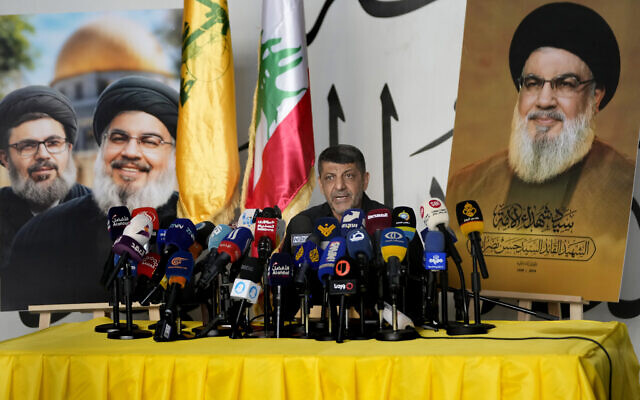
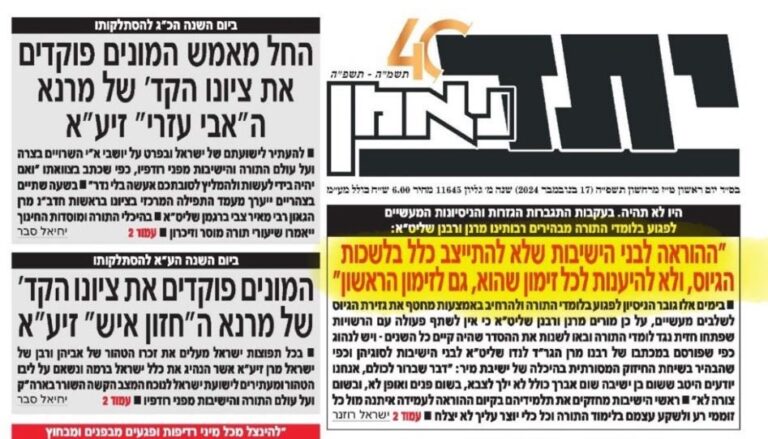
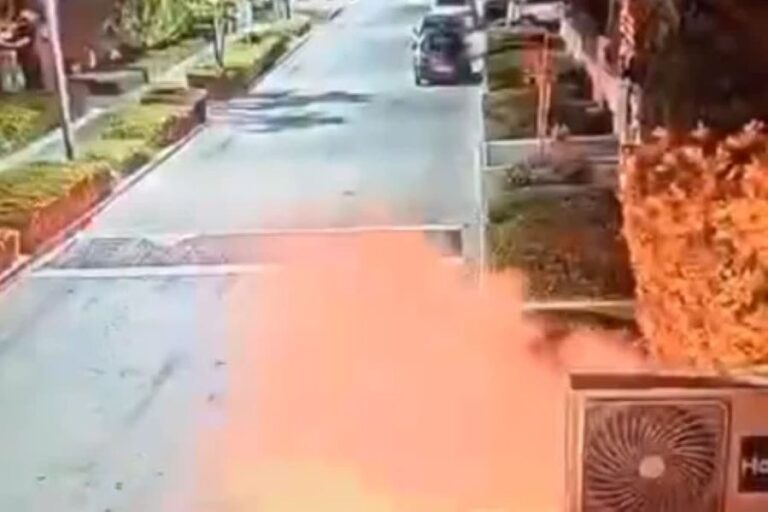
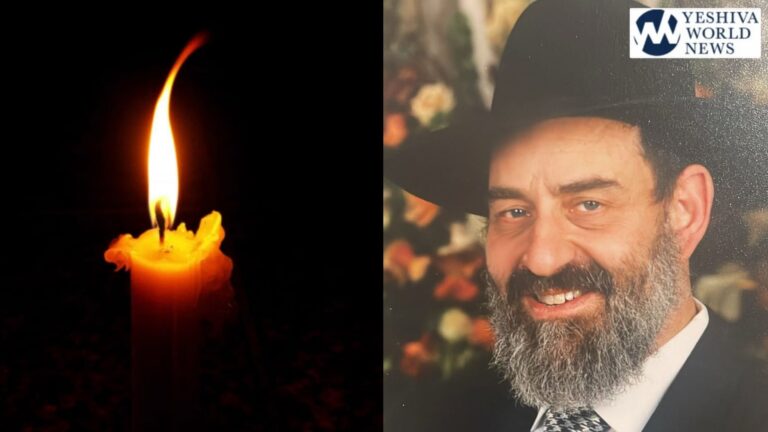
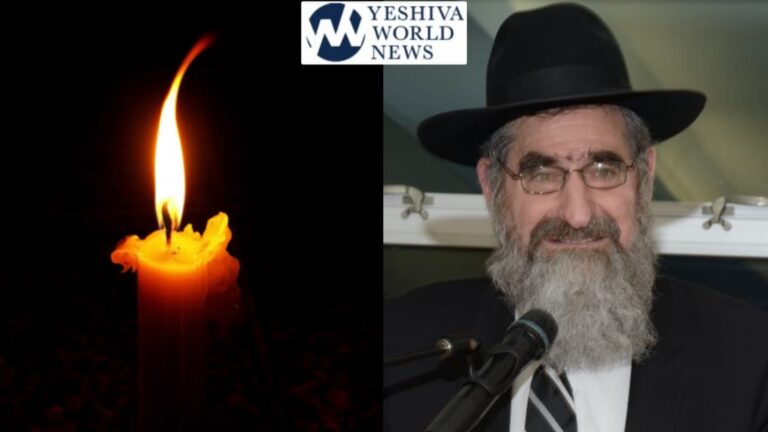


7 Responses
1. It doesn’t resolve the matter, it just postpones it. Not a game winner for the Hareidim, only a punt. It protects those who want to learn full time and have the resources to do so, but doesn’t help those who want to be Baal ha-battim.
2. Public opinion in Israel is overwhelmingly against the decision. A slight shift in the political balance of power, and conscription is back.
3. The best solution would be to abolish conscription which would entail a system of economic incentives to join the military. Given that most zionists are quite patriotic, and that the Israelis have no trouble recruiting combat soldiers, it shouldn’t be problem (and replacing reluctant jobniks with hard work professional/volunteers will reduce overall costs).
good, remember the Torah and Has-em protect us not the IDF or Obama. there should be no frum people serving the interests of anti-religous people like Yaalon in the IDF.
I imagine that the Supreme Court will reluctantly agree not to intervene in the three year extension to 2020 with the caveat that further extensions will be very difficult to justify.
I think the best way to compromise & make it less likely the supreme Court would overturn any change made is that the should change that instead of getting arrested for defying the draft there should be a fine instead. This would cover sanctions being in place which the supreme Court ruled but at least no one would get arrested.
Anyone with any understanding of military life and operations knows that it is IMPOSSIBLE to force someone to be a soldier against his will. The govt. can only threaten to arrest and imprison recalcitrant chareidim who refuse to serve. And continue to re-arrest them for their continued refusal. They can even try to forcibly “induct” some yeshiva bochurim in an attempt to “force them” to be soldiers. This is patently impossible. The entire structure of military training and operations is predicated upon teamwork at the squad, platoon, company, brigade (and larger) level. If even one link in this chain — one soldier — does not cooperate, or participate, the system becomes paralyzed, an operation is compromised, and lives possibly endangered. No one can be forced to serve against their will. The refusing soldier would likely have to endure a great deal of “disciplining,” criticism, possibly some physical violence on the part of irate drill sergeants and training base commanders, and even imprisonment in military stockades (jail). But, at the end of the day, for the sake of cohesiveness and operational safety of the particular unit (squad, platoon, company, etc.) no army can FORCE someone to cooperate if they don’t want to. Multiply this “refusal” 25,000 times (the more accurate number of those the army might want to draft — not the 35 + year old avreichim who would be all but useless in nearly any military role), and you get a picture of pandemonium that borders on reckless endangerment of all the other army personnel. The IDF has always known, just like any other military organization, that it is simply not worth making an issue of it. Just like it does not make an issue of the considerable number of secular, leftist youth who refuse conscription based upon “moral,” or “pacifist” grounds, or “refusal to serve in the army of occupation and oppression,” etc. The army generally just (“dishonorably”) discharges them from military service. True, there are probably fewer secular refusers than yeshiva bochurim. And the distinct appearance of the chareidim make it appear as if an entire sector of tens, or hundreds of thousands are “dodging” the draft. The simple truth is that someone who is learning Torah during the “draftable” years (18-30) is contributing in a different manner with his learning. By the time he goes out to work, he is most likely not prime material in terms of military service. And, in fact, the army is understandably not interested in drafting these older fellows altogether.
IMHO, some chareidi folks with the qualifications should conduct a feasability study of abolishing the draft in Israel altogether and switching to a volunteer army. This might be more difficult than people think, because it’s likely that precise cost amounts are classified. Nevertheless, maybe someone can actually do it, and prepare a comprehensive report and see if they can get anyone in the govt. to look at it. Such a move would require a seismic shift in Israeli Zionist thinking and would probably need to be introduced very gradually. Such a move would be smart, efficient, and a great benefit to the “am ha’yosheiv be’tzion.”
#5- The intention is not to force people to serve against their will. That is indeed pointless.
The assumption is that many young charedim are motivated to serve but cannot do so due to external pressures. The aim of the law is to reduce those pressures. A major source of those pressures, so goes the theory, is the yeshiva industry which gets money for every student whether the student is learning anything or not. This incentivizes the managers of the yeshiva industry to fight to register every available warm body as a yeshiva student, which in turn incentivizes them to stigmatize any behavior that would remove students from their rosters. The main thrust of the law is to reverse the incentives of the yeshiva industry by financial means. The law is constructed to allow genuine learners to continue in their studies should they wish to do so and it has enough leeway to allow young unmotivated/anti-Zionist men to avoid being drafted while freeing motivated charedi men to serve.
To Yagel Libi: A law that criminalizes Torah study is not intended to force people to serve against their will? I don’t quite understand that.
” A major source of those pressures, so goes the theory, is the yeshiva industry which gets money …” Whose theory? What “yeshiva industry?” Is that like the industry of doctors, psychiatrists, and “therapists” who, for a “fee,” will create fake psychiatric profiles and documentation for secular lefist “tzfoni” kids to avoid army service?
The argument is not with the yeshiva boys. The proponents of “equality in sharing the burden” need to meet with the gedolei hador and try to persuade them. Of course, this is not likely to happen anytime soon, so Lapid passed a law putting the onus on the tzibbur that seeks to follow what the gedolim are saying. Instead of discussing the matter with Rav Chaim Kanievsky and others, the law pressures and threatens 17 year old kids. A law passed by the Knesset is not going to change the conduct of the chareidim. Those boys who really want to serve in the IDF are finding ways to do so. If they are so motivated, and their rabbonim agree, it’s fine. But don’t try to pressure the tzibbur into something it is not willing to do. That is why the chareidi parties worked to amend Lapid’s law.